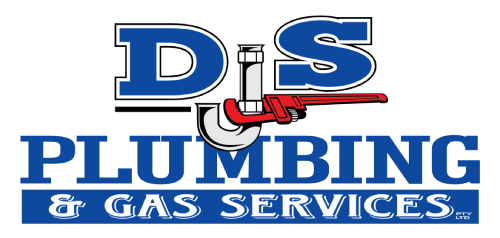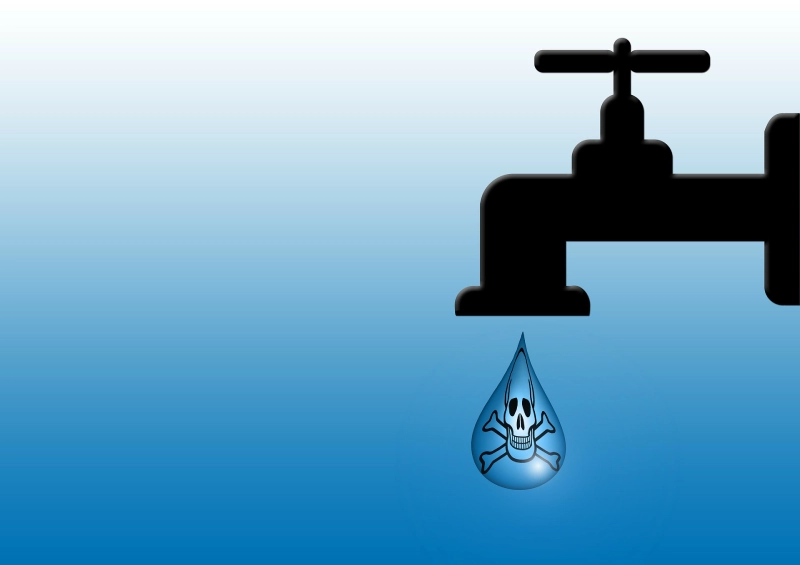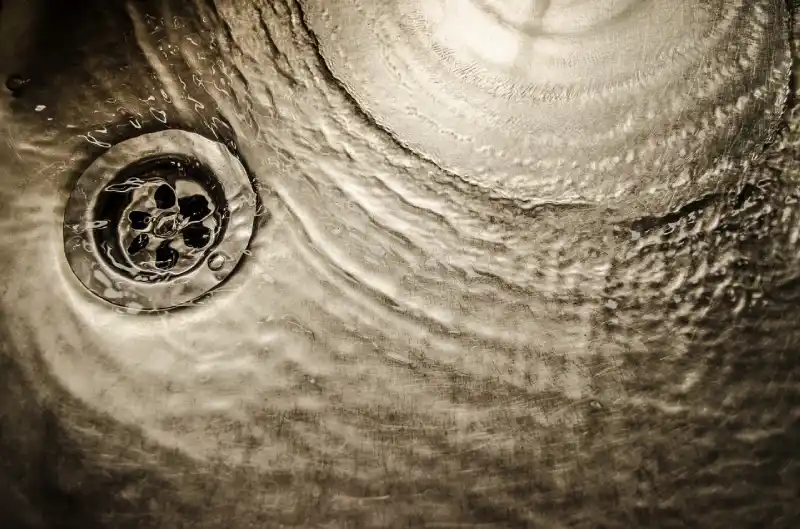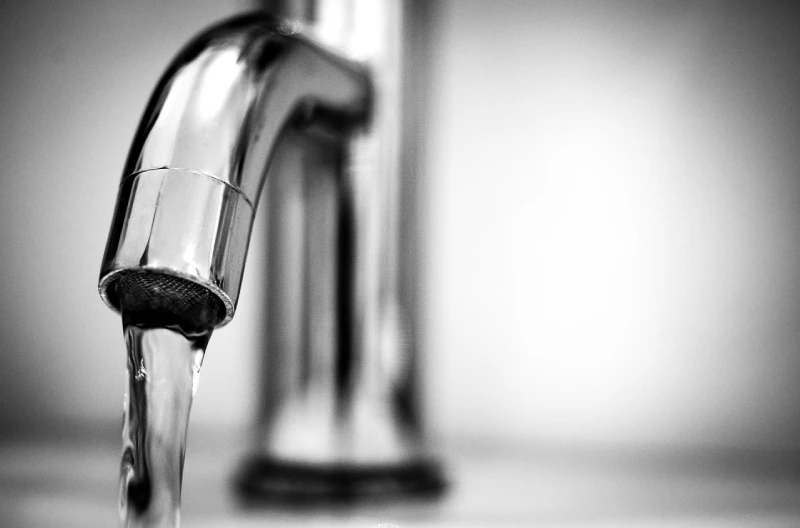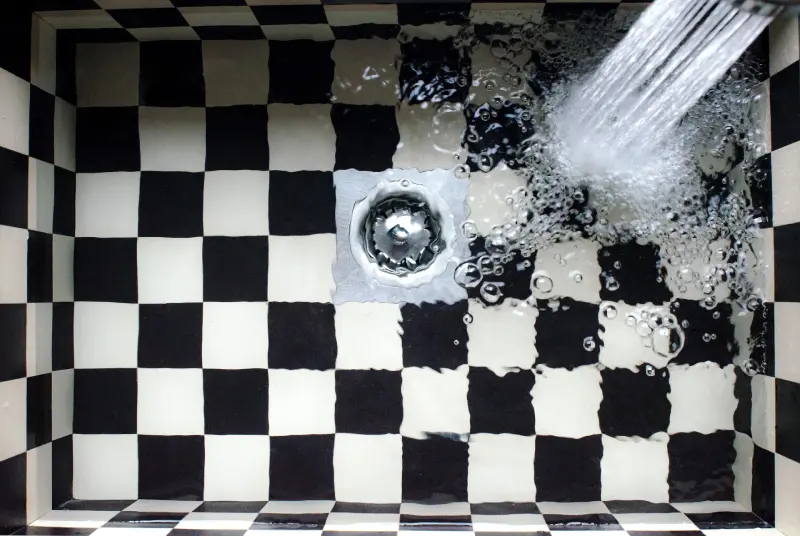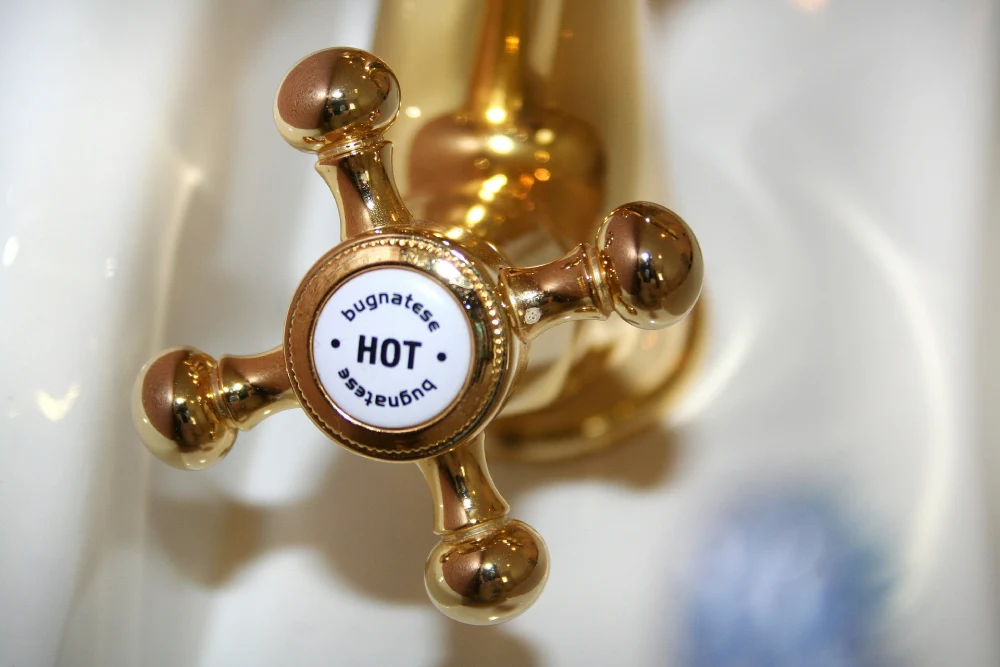Gas is popular for heating and cooking in Brisbane homes. It is an efficient energy source and can provide heating and hot water at a lower cost compared to other fuels.
Not only does gas help to reduce energy bills and save money, it’s available 24/7, and it is not affected by power outages or other disruptions to the Queensland electricity supply.
Gas heating also provides comfortable, even heat throughout the home. Gas appliances, such as cooktops and water heaters provide instant heat that is convenient for busy families. Room heating using space heaters or gas heaters, and radiant heating in outdoor entertaining areas are also popular.

Renovating homes with gas stoves and hot water systems
When homeowners are renovating their kitchen and bathrooms, DJS Plumbing and Gas Services is often asked to extend gas pipes. We also install new gas cooktops and hot water systems.
Extending gas pipework on a gas system may require upgrading the pipe size so that the correct working pressure is achieved at the appliance, reducing the amount of carbon monoxide produced in the air.
As a licensed gas fitter, DJS Plumbing is required to upgrade the gas pipework from the supply meter to a home. We ensure the working pressures meet the Australian Standards for Gas Installations (AS/NZS5601.1 2013).
To get the home’s existing gas pipework up to code and to extend the gas pipes to other areas of the home, old gas pipes may need to be removed and new pipes installed. This can be an unexpected cost for renovators who have purchased new gas appliances and relocated kitchens.
Gas Appliance Safety Features
When installed and maintained correctly, gas can be a safe and reliable energy source for the home. Gas appliances can come with safety features to help to reduce the risk of accidents.
These include:
- Dress guards
- Flame failure devices
- Over temperature shut off devices
- Oxygen depletion sensors
- Tilt switches
What happens if gas pressure is too low?
If you have gas supply pressure to your gas appliances below the working pressure rated for that appliance it will produce dangerous bi-products of carbon monoxide.
Carbon monoxide is a deadly gas that you can’t see or smell. This is why pipe sizing your gas system is crucial and highly regulated by licenced gas fitters and the Queensland Department of Mines and Energy.
It is always a good idea to have a qualified gas fitter inspect your gas system before altering, adding, or replacing any gas appliances in your home.
Top 4 Cost and Safety Issues with Low Gas Pressure
When the gas pressure is too low, it can cause a variety of cost and safety issues:
Higher Gas Bills
Low gas pressure can lead to inefficient use of gas. Gas appliances may have to run for longer periods of time to achieve the desired temperature, which can lead to higher energy bills.
Reduced Lifespan of Gas Appliances
There can also be issues with reduced lifespan. When gas appliances run on low gas pressure, they may wear out faster, as they are working harder than they should. This can result in the need for more frequent repairs or replacements.
Incomplete Gas Combustion
Gas appliances, such as water heaters, furnaces, and stoves, require a certain gas pressure to function properly. If the gas pressure is too low, gas appliances may produce incomplete combustion. Harmful gases such as carbon monoxide can then be released causing serious health problems.
Fire or Explosion Risk
Low gas pressure can also cause gas leaks, which can lead to the accumulation of gas in the air. If the gas comes into contact with a spark or flame, it can ignite and cause a fire or explosion.
DJS Master Plumbers are Your Best Choice
There are strict legal requirements for all licensed plumbers and gas fitters to install and maintain gas systems safely. Choosing a qualified DJS master plumber ensures your home is kept safe.
DJS Plumbing is a member of the Master Plumbers Association of Queensland. We also hold a range of licences issued by the Queensland Building and Construction Commission (QBCC) and the Department of Resources Queensland (Open Type A Gas Fitting Licence).
When DJS Plumbing is asked to extend gas pipes and to connect new appliances that require higher gas supplies, we are careful to recommend and install gas solutions that meet Australian and Queensland Government regulations.
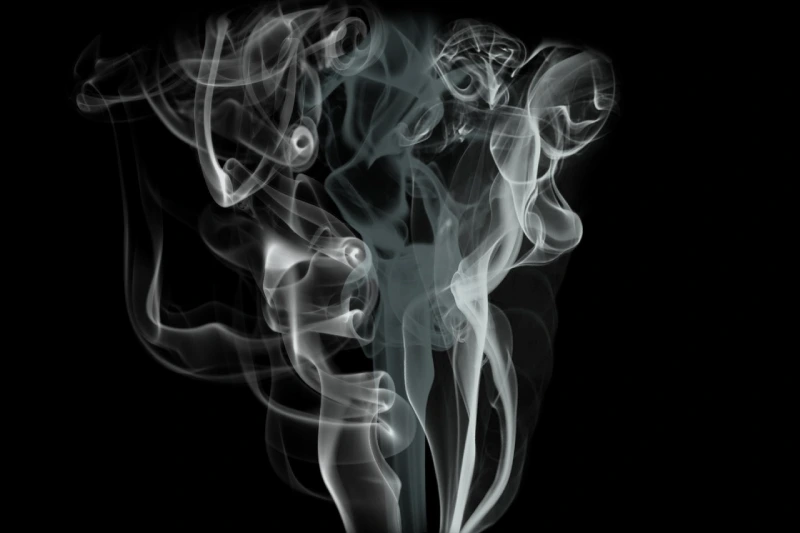
Risk of Carbon Monoxide Poisoning in the Home
Recently, DJS was asked to quote for the extension of gas pipes and the installation of gas appliances. To ensure the safety of the homeowners we checked the existing gas pipes in the ceiling back to the gas supply billing meter. We also checked the branch line over to the upgraded gas water heater.
We noticed that the gas water heater had previously been replaced and a larger gas consumption (36mj/h up to 199mj/h) appliance had been installed by another company. We advised the customer that this equipment could compromise the gas pressure in the gas system according to Australian Standards.
In the home, we also found that the hot water system was not designed to work efficiently and safely with the existing size of the gas pipes. The gas supply piping in the ceiling was also the incorrect size as set by the ASNZS5601 standards.
Piping, Cooker, and Gas Hot Water Installation Cost
Due to the safety risks with the existing gas piping, DJS Plumbing quoted for the full replacement. This solution would enable the safe delivery of gas through extended pipes in the renovated kitchen. The larger pipe sizes would also allow the higher consumption gas appliances to safely combust the fuel.
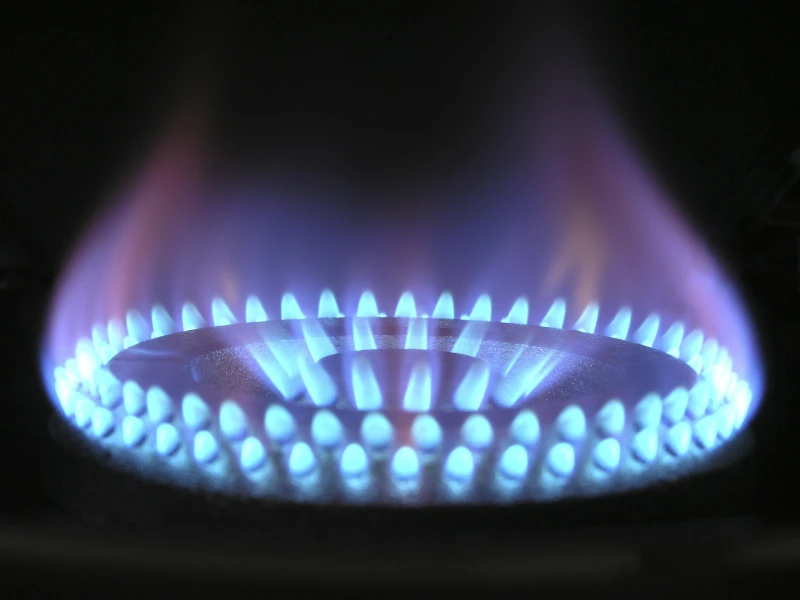
Gas Renovations and New Home Gas Pipe Outs Brisbane
Extending gas pipework in a home should only be done by DJS Plumbing licensed gas fitters.
The typical steps for this job include:
Assess the Current Gas System
DJS Plumbing inspects the current gas system is the best way to extend it. This will include checking the current pipework, gas meter, and appliances connected to the gas supply.
Design the Gas Pipe Extension
DJS designs the new pipework layout and we determine what materials will be needed. We also calculate the gas flow rate required to ensure the new system will operate safely.
Obtain Necessary Permits to Install the Gas System
We obtain any necessary permits from the local government authority or gas supplier before beginning work.
Turn off the Gas Supply Before Work Begins
The gas supply to the house is turned off before any work can begin. This will typically be done at the gas meter.
Install New Gas Pipework
We install the new pipework using the materials specified in the design. We ensure that the pipework is properly supported and meets all safety regulations.
Pressure Test Gas System
Once the new pipework is installed, DJS pressure tests the system to ensure there are no leaks. We also check that the gas pressure is correct
Safely Connect gas appliances
Once the new pipework has been tested and approved, we connect the gas appliances to the new supply.
Restore Gas Supply to the Home
The gas supply to the home can be restored once all work is complete and the system has been tested and approved.
Conduct a Final Inspection of the Gas System
We then conduct a final inspection of the gas system to ensure it meets all safety regulations and is functioning properly
DJS Plumbing – Your Trusted Gas Specialists
If you need your gas piping extended or new gas appliances installed, call DJS Plumbing.
